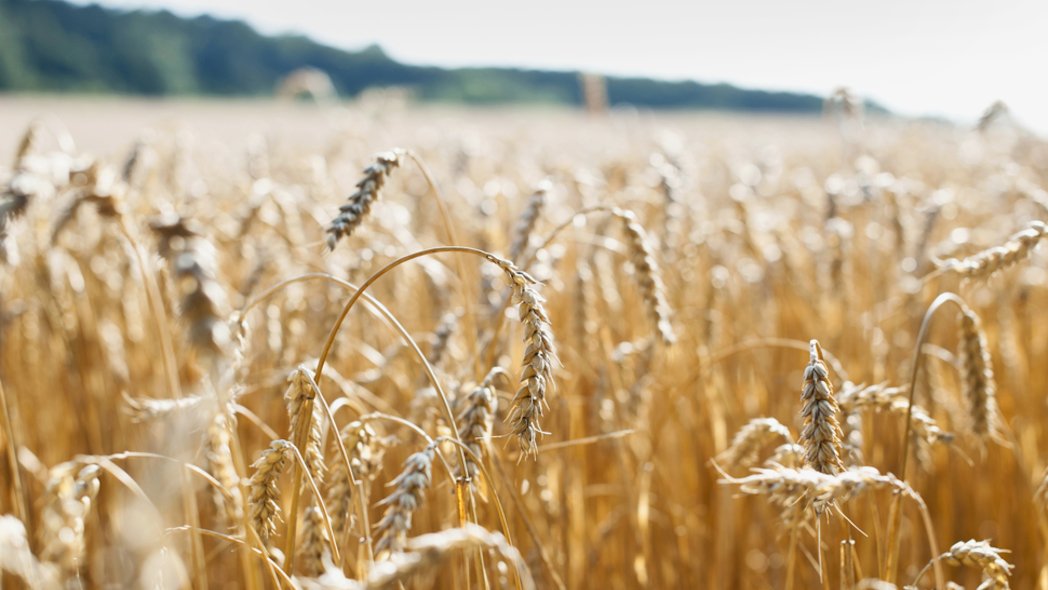Agricultural Sciences
Agricultural sciences are concerned with the economic utilisation and care of the soil through plant cultivation and animal husbandry. This also includes viticulture (oenology) and the processing of agricultural products such as dairy farming.

Overview of the academic discipline
The agricultural science degree programme leads to advisory, technical and administrative activities, and more rarely to practical work as a farmer. It is based on scientific, technical, economic and social science subjects, but also deals with the use of electronic control devices to optimise production.
Phytomedicine plays an important role in today's agriculture. This is the study of plant diseases and damage and their prevention. However, topics such as organic plant cultivation and species-appropriate animal husbandry as well as the environmentally friendly use of artificial fertilisers (e.g. for water protection) continue to be of great importance. In addition to the basics of organic farming, the comprehensive agricultural training imparts knowledge in the areas of marketing, business management and product quality (e.g. the ‘Organic Farming and Marketing’ degree programme).
Which topics are included in the curriculum?
The Bachelor's degree programme includes modules on basic skills in the natural and social sciences: Botany, Zoology, Chemistry, Physics, Agricultural Meteorology, Mathematics and Statistics as well as Resource Conservation. Subject-specific modules include agricultural business management, plant nutrition and phytopathology, plant cultivation/breeding and grassland management, animal breeding and husbandry, feed science, soil science, agricultural engineering, agricultural policy and market theory.
Specialisation options in the Master's degree programme are available in the areas of crop and crop plant sciences, livestock sciences, agricultural engineering, agricultural economics and agribusiness, environmental sciences of agricultural landscapes, environmental and resource management and fisheries science. There are also interdisciplinary modules such as agricultural informatics, specialised communication and advisory services.
Internships are an integral part of the degree programme at both universities of applied sciences and universities. Universities of applied sciences usually organise a whole semester for internships. All federal states require at least twelve months of practical training for entry into the preparatory service for the higher counselling and technical school service specialising in agriculture or agricultural economics, including teaching.
What are the requirements?
A good foundation for successful studies in this field is knowledge of the following school subjects: Biology and chemistry, maths and physics as well as economics/law. Pre-study work placements are usually required at universities and universities of applied sciences. These last between several weeks and months and can be replaced or shortened if necessary by previous vocational training.
What study programmes are there to choose from?
Universities of applied sciences and universities offer Bachelor's and Master's degree programmes in agricultural sciences. Some (Bachelor's) degree programmes prepare students for specific areas, such as marine ecosystem and fisheries sciences, equine management or viticulture and oenology. There are also interdisciplinary degree programmes that focus on economic (agricultural management) or biological (agricultural biology) aspects. Specialisations are possible in the Master's degree course, for example in wine management, crop sciences or aquaculture.
What job opportunities are there after graduation?
There are employment opportunities for graduates in agricultural associations and organisations such as farmers' associations, animal breeding associations or producer groups.
Agricultural engineers are also employed in the testing and research departments of plant protection and fertiliser production companies as well as in plant and seed breeding, food production, consulting and sales at agricultural machinery, seed, plant protection and fertiliser manufacturers, in training and further education and in development aid.
Further areas of responsibility open up in agricultural administration authorities and agricultural research, e.g. in federal and state ministries, offices for agriculture and land development, chambers of agriculture, agricultural research and research institutes, state institutes for plant protection.
